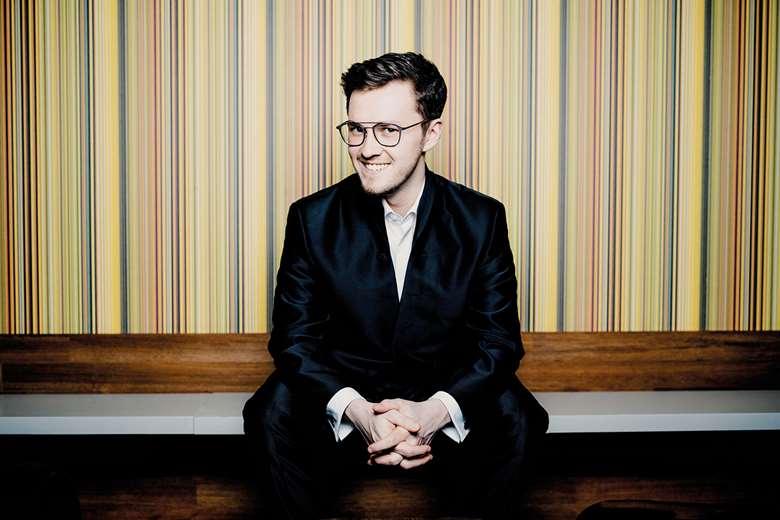Frank Dupree interview: ‘I could play Kapustin for the next 10 years, but I also love playing a Brahms or a Beethoven or a Tchaikovsky in between’
Jeremy Nicholas
Friday, November 1, 2024
Renaissance man Frank Dupree talks to Jeremy Nicholas with boundless enthusiasm about the appeal of Kapustin’s jazz-inspired music and about his own multifaceted career

Register now to continue reading
Thanks for exploring the Gramophone website. Sign up for a free account today to enjoy the following benefits:
- Free access to 3 subscriber-only articles per month
- Unlimited access to our news, podcasts and awards pages
- Free weekly email newsletter







